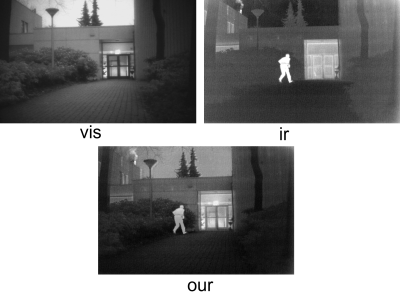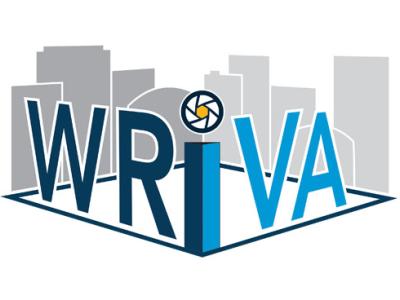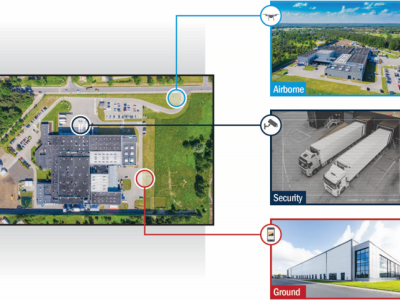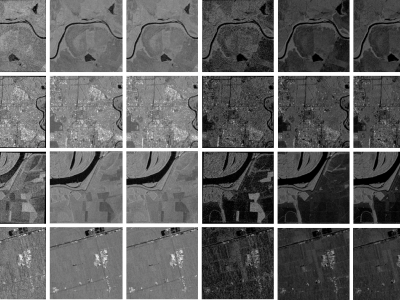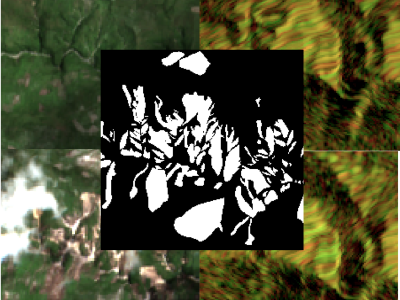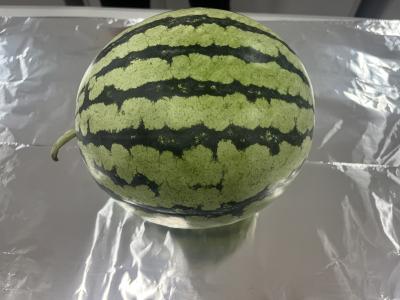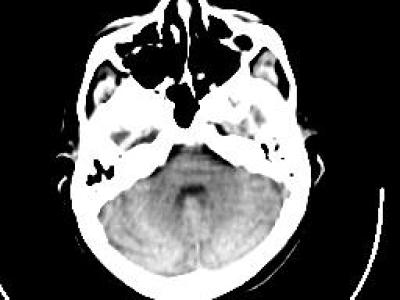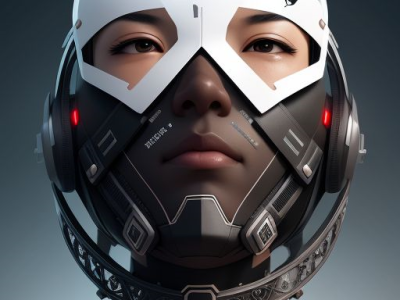
The increasing number of wildfires damages nature and human life, making the early detection of wildfires in complex outdoor environments critical. With the advancement of drones and remote sensing technology, infrared cameras have become essential for wildfire detection. However, as the demand for higher accuracy in detection algorithms grows, the detection model's size and computational costs increase, making it challenging to deploy high-precision detection algorithms on edge computing devices onboard drones for real-time fire detection.
- Categories:
